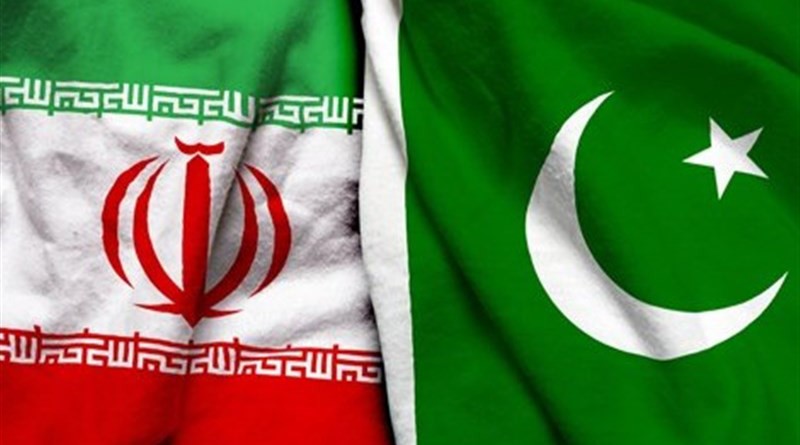INP-WealthPk
Muhammad Mudassar

Pakistan can minimise its energy crisis by importing cheap petroleum products from Iran to generate electricity, WealthPK reports. The Pakistani government has shown interest in buying Iranian energy products. Pakistan imports an average of 100 megawatts of electricity from Iran each year to light up its coastal areas in Balochistan.
Currently, Pakistan spends a lot of money on the import of energy products. The import of energy products in 2022 increased to a record high of $23.3 billion. The import of petroleum products increased by 133 percent to $12.07 billion and the import of crude oil increased by 80.8 percent to $5.59 billion. Likewise, the import of liquified natural gas increased by 90.65 percent to $4.99 billion and the import of liquefied petroleum gas increased by 39.7 percent to $660.7 million.
The United States imposed economic sanctions on Iran in 2013 and also backed out of the Joint Comprehensive Plan of Action (JCPA) agreement. Pakistan, like many regional countries, had to stop buying petroleum products from Iran owing to the sanctions. The last time only 1,000 tonnes of diesel oil was legally imported from Iran in 2009. However, India has been buying oil from Iran despite the embargo. Pakistan also needs to follow suit to resolve its energy shortage.
Finance Minister Miftah Ismail has also suggested opening more routes to facilitate trade between Pakistan and Iran. He called for providing more facilities to passengers in Balochistan, saying that enhanced people-to-people exchanges would help to promote trade between the two countries. Pakistan is in urgent need of petroleum products, which can be readily provided by Iran. Minister for Energy and Power Division Khurram Dastgir also visited Iran recently to increase the quantity of electricity imported from there.
The minister regretted that the volume of bilateral trade between Pakistan and Iran was quite low despite the fact that the two countries share a common border and can trade through a barter mechanism or in cash. He said that the lack of banking relations and the currency issue were the main obstacles to bilateral trade as Letters of Credit could not be opened in the US dollar for trade with Iran.
Reports claim that Pakistan and Iran are going to sign a free trade agreement. Any such agreement can increase the volume of trade between the two countries. The travelling and transportation costs for trade between the two countries will be also lesser as compared to other countries as both share a common border. However, the government needs to take steps to remove the hurdles to banking transactions between the two countries.
Independent News Pakistan-Wealthpk




